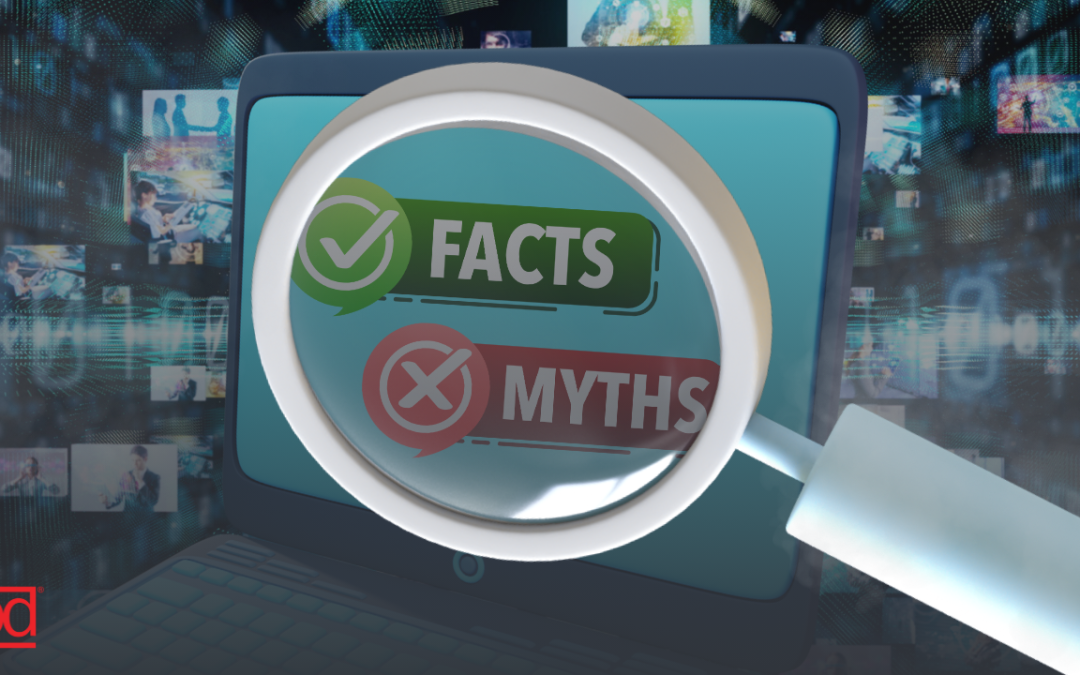Digital marketing is a powerful tool, yet it’s surrounded by myths that can mislead business owners and marketers alike. To help you make informed decisions, we’re breaking down some of the most common myths about digital marketing—so you can focus on what truly works.
Myth #1: Only Big Businesses Benefit from Digital Marketing
Truth: Digital marketing is for businesses of all sizes.
It’s a misconception that only large companies with huge budgets can benefit from digital marketing. With the right targeting and creativity, even small businesses can use digital strategies to compete in the same spaces as larger companies. Tools like social media and local SEO enable small businesses to directly connect with their ideal customers without a massive investment.
Myth #2: Digital Marketing Guarantees Instant Results
Truth: Effective digital marketing takes time.
While ads can provide quick visibility boosts, most digital marketing strategies—like SEO, content marketing, and email nurturing—require time and consistent effort to yield strong results. This myth can lead to frustration, but by setting realistic timelines, you’ll see that steady, organic growth has long-term benefits.
Myth #3: You Need to Be on Every Social Platform
Truth: Focus on the platforms where your audience is active.
Being active on every platform isn’t necessary; it’s much better to focus on the ones where your target audience spends their time. A B2B brand might thrive on LinkedIn, while a lifestyle or fashion brand could find more success on Instagram or TikTok. Quality engagement in the right places always beats spreading yourself too thin.
Myth #4: SEO is a One-Time Task
Truth: SEO requires ongoing attention and updates.
SEO (Search Engine Optimization) isn’t a “set-it-and-forget-it” process. Search engine algorithms change, and so does what people are searching for. To stay visible, regularly update your site and create new, relevant content. Consider maintaining a blog to target fresh keywords and topics in your industry to improve rankings and visibility.
Myth #5: High Website Traffic Equals High Conversion Rates
Truth: Quality traffic matters more than sheer volume.
A common mistake is focusing solely on driving traffic without considering its quality. If visitors aren’t part of your target market, they’re unlikely to convert. Use targeted ads, specific keywords, and refined messaging to attract visitors who are more likely to engage with your products or services.
Myth #6: Content Should Always Be Sales-Focused
Truth: Build relationships by providing value, not just making sales.
While selling is a goal, content marketing is more effective when it focuses on building relationships. By providing valuable, educational, or entertaining content, you establish your brand as a trusted resource. This trust can lead to conversions as customers become more comfortable with your brand.
Myth #7: Email Marketing is Dead
Truth: Email marketing remains one of the highest ROI channels. ?
Despite the rise of social media, email marketing continues to deliver a high return on investment. It’s a direct line of communication with your audience, giving you control over your reach and content. Emails are perfect for product updates, special promotions, and staying top-of-mind with customers who’ve already shown interest.
Myth #8: Paid Ads Are All You Need for Success
Truth: Paid ads work best alongside organic marketing strategies.
While paid ads can provide a quick boost in visibility, a comprehensive digital marketing strategy combines both paid and organic approaches. Content marketing, SEO, and social media presence build trust and create a loyal audience over time. Paid ads work as an accelerator, but organic strategies keep your brand strong in the long run.
Why Debunking Digital Marketing Myths Matters
Misconceptions about digital marketing can lead businesses down costly, ineffective paths. By understanding the reality behind these myths, you can build a strategy that focuses on what actually drives results, no matter your business size. Take a strategic, informed approach, and you’ll see that digital marketing is one of the most powerful tools in your growth toolkit!
Understanding these myths is the first step toward creating an effective digital strategy that maximizes results. Digital marketing is always evolving, so stay updated, test new strategies, and adapt based on what works best for your unique business.

